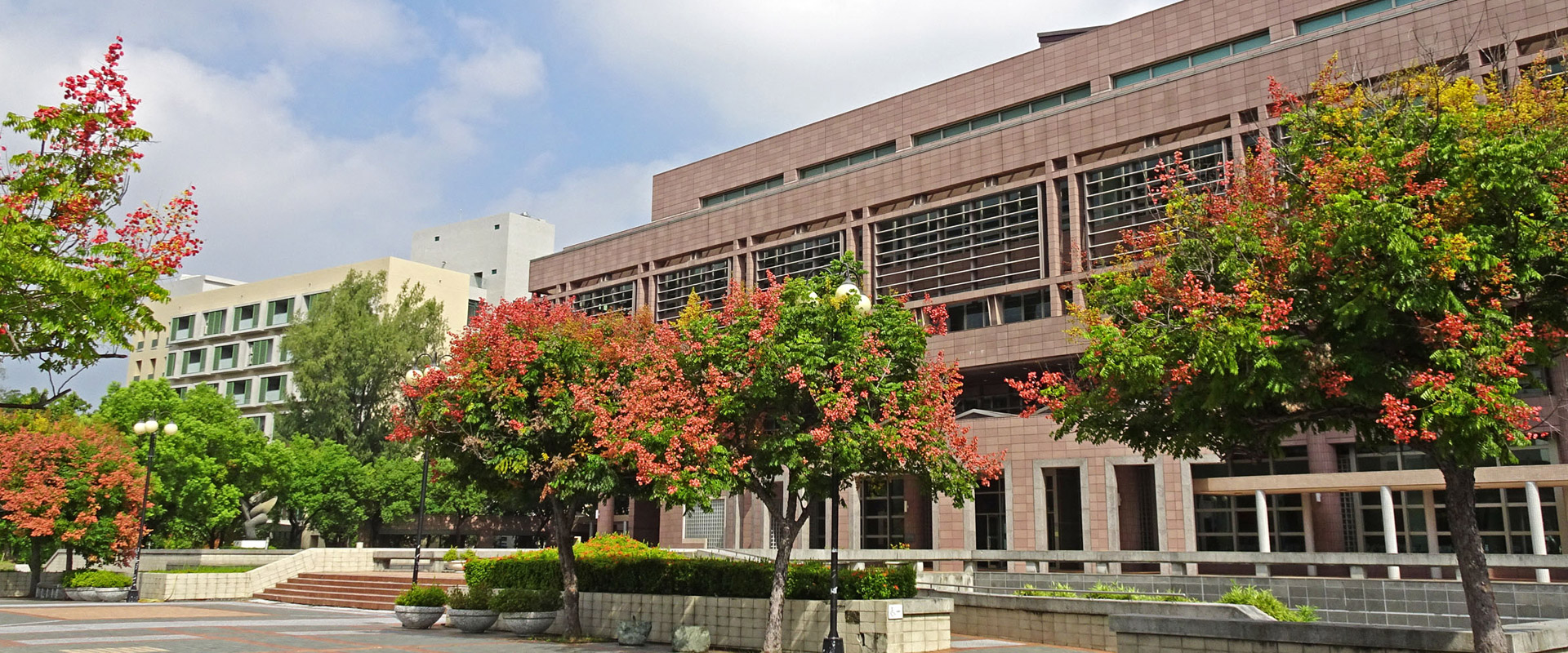
NCKU integrates 17 sustainable development goals(SDGs) to promote NCKU 2030 teaching and research strategies and propose Sustainable Development Strategy Guidelines (SDSP). Gathering scholars and experts from related fields, the SDG14 seminar mainly focused on four topics regarding the protection of underwater life and the sustainable use of marine ecology and marine resources, the new generation of algae sustainable circular economy, the coexistence and sustainability of humans-aquatic invertebrates-environment, and the sustainability of fish and marine under environmental changes.
To conserve and sustainably use of the oceans, there are some actions we need to take, including reducing marine pollution, protecting and restoring ecosystems, reducing ocean acidification, sustainable fishing, conserving coastal and marine areas, ending subsidies contributing to overfishing, and increasing the economic benefit from sustainable use of marine resources, etc. In addition, in response to the United Nations Convention on the Law of the Sea (UNCLOS), at least 10% of coastal and marine areas need to be protected through legislation and policies.
Preparing for the Next Generation of Breeding Programs
NCKU International Center for the Scientific Development of Shrimp Aquaculture is preparing for the next generation of breeding programs. According to research, seafood consumption entirely came from catches before 2015. However, the supply of aquaculture seafood has increased significantly in recent years. 3.2 billion people worldwide depend on fish as a basic source of protein, marine resources have long been an important source of food.
According to Dr. Wang Han-Ching, director of NCKU International Center for the Scientific Development of Shrimp Aquaculture, the global shrimp farming industry is encountering various challenges, and scientific and technological shrimp farming is expected to be one of the solutions. The issue of disease has the most significant influence on shrimp aquaculture and needs to be overcome from the perspective of breeding, farming and management. It will then further solve the global food security problem.
Restoring the original appearance of blue whale deadly stranding through the first blue whale specimen in Taiwan
Dr. Wang Hao-Ven, director of NCKU Marine Biology and Cetacean Research Center, pointed out that the center is carrying out the cleaning and de-corruption of the skeleton of the world's largest blue whale, which is also the first ever recorded in Taiwan. This blue whale was stranded on Taitung Beach in January 2020. After the autopsy at NCKU, it was found that the skull was severely crushed and belonged to a juvenile whale. The preservation is not easy due to a lot of cartilage, making it a huge task to produce a full skeleton specimen.
For decades, blue whales have not been recorded around Taiwan. In addition to understanding the cause of death, this stranding incident will be of great significance to the study of blue whales if a complete specimen can be made afterwards. In response to SDG14, Dr. Wang Hao-Ven believes that efforts should be made to restore and understand the original appearance of the blue whale death stranding incident, and to see if any reflection can be found from these evidences gathered.
Marine ecological conservation has attracted much attention due to the influence of climate change. Blue whale has been listed in the "Red Book of Endangered Species" by The International Union for Conservation of Nature (IUCN). Therefore, animal protection groups and academia are always highly concerned whenever there is illegal fishing or beach stranding incident.
In terms of ocean sustainability regarding Cetacean Conservation, one of the main tasks of NCKU Marine Biological and Cetacean Research Center is rescue, medical treatment, rehabilitation, reintroduction and related conservation, education and research work for stranded conservation cetaceans.
維護單位: 新聞中心
更新日期: 2020-12-30



















